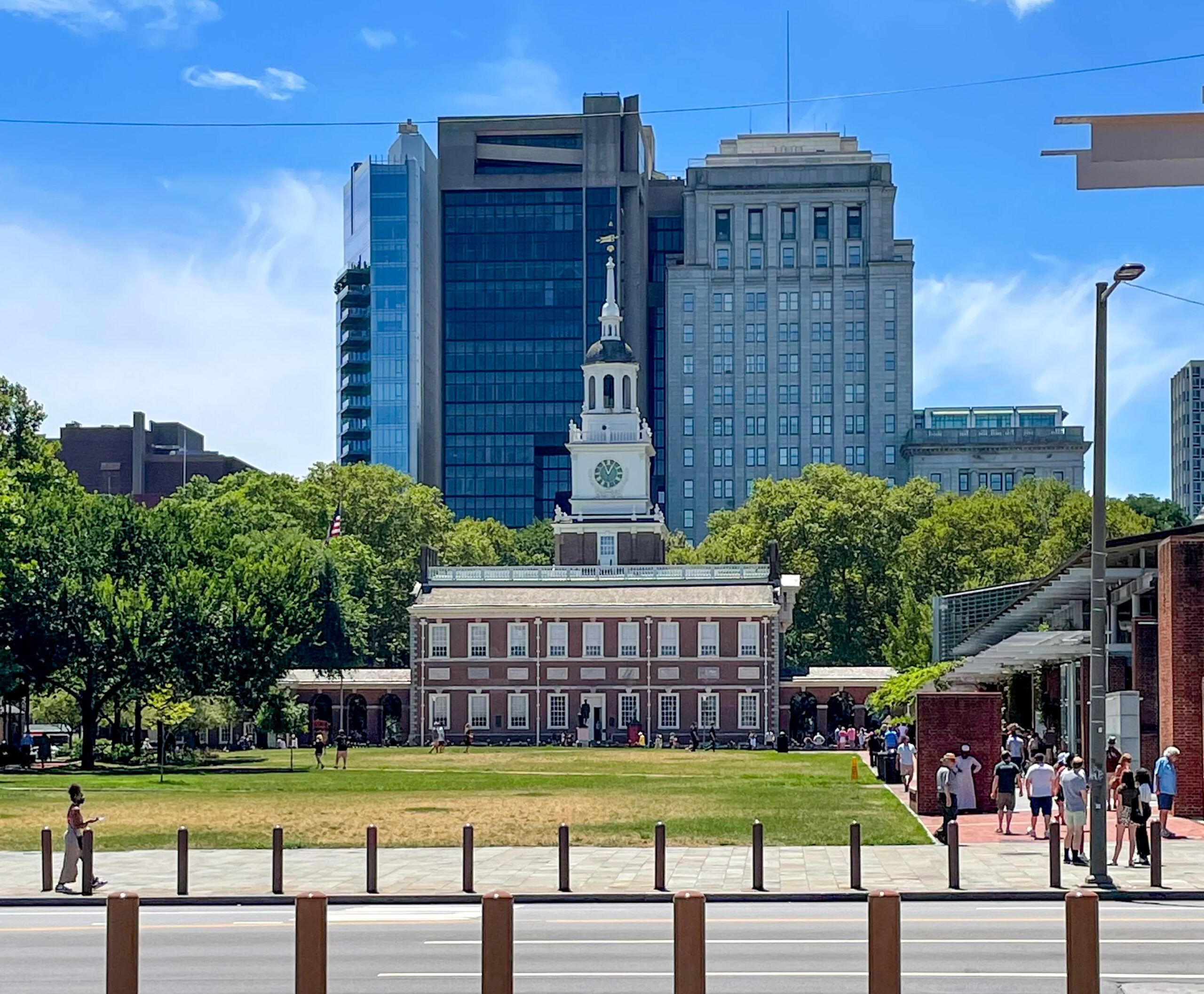In the moment, things are changing all the time. The COVID-19 pandemic has weeks feeling like years. And there’s plenty of uncertainty about the future.
But one thing that’s highly likely is that future generations will look back at records from 2020 to see how we lived through the pandemic.
The team at the Maryland Historical Society (MdHS) could see this playing out, as they frequently receive requests for materials from their collection that can illuminate the past. Lately, the Mount Vernon-based institution has been looking back at letters and diary entries from the 1918 Spanish flu pandemic, as well as the Annapolis yellow fever epidemics of 1793 and 1800.
Communication has come a long way since then, enabling governments to get information out. It also got them thinking about how the events unfolding today will be documented on a personal level. As VP for Collections Allison Tolman points out, many of the records we’ll have that could valuable for future generations are in social media posts or Marco Polo messages. And instead of writing in journals, people are emailing each other.
“We’re all digital right now,” she said. “It’s a different world. We’re not collecting like we used to.”
So as they create an archive, MdHS is turning to digital tools, as well.
With Collecting in Quarantine, it’s crowdsourcing experiences to document what life is like during this century’s pandemic. Here’s a look at the two ways folks can submit:
- Letters from the Homefront: Inspired by letters from past pandemics, Marylanders can send personal stories from life right now. Send them to lettersfromthehomefront@mdhs.org.
- Business Unusual: With non-essential businesses closed and others pivoting and changing up operations overnight to keep the public safe, MdHS is collecting photos and stories of how these changes are unfolding on the streets. Business owners and employees who are still working are being asked to submit — while maintaining social distancing.
Once a day, experiences that are submitted are being posted on MdHS’ Underbelly blog. It’s providing a look at what life is like now for dog walkers and brewers. And MdHS also has an eye on what folks looking for info 100 years from now can learn.
“The real idea is to have this cache of information so that later generations can look back and look at this time when it was such a crazy moment in history,” Tolman said.
That means showing them how we all had to stay inside even as spring came, living like we’re all in the Twilight Zone.
Tolman said an entire fourth grade class wrote about it from their perspective, while other adults are writing about how to deal with anxiety.
It also means dealing with all of the realities happening now, and racism is among them: One story documented a man who was seeking out shrimp at the grocery store, but refused to buy it when the only option was from China.
Thinking about it as a collection that will inform the future, it’s also a reminder that the story is still evolving. By collecting in real time, those who look back can see how life changed — and perhaps set the stage for things they’ll recognize, or more permanent changes they’ll be living with.
“The journal entries that we’re getting from weeks ago are very different from what we’re getting now. You can see how things change daily and weekly as we go through this pandemic,” Tolman said.







